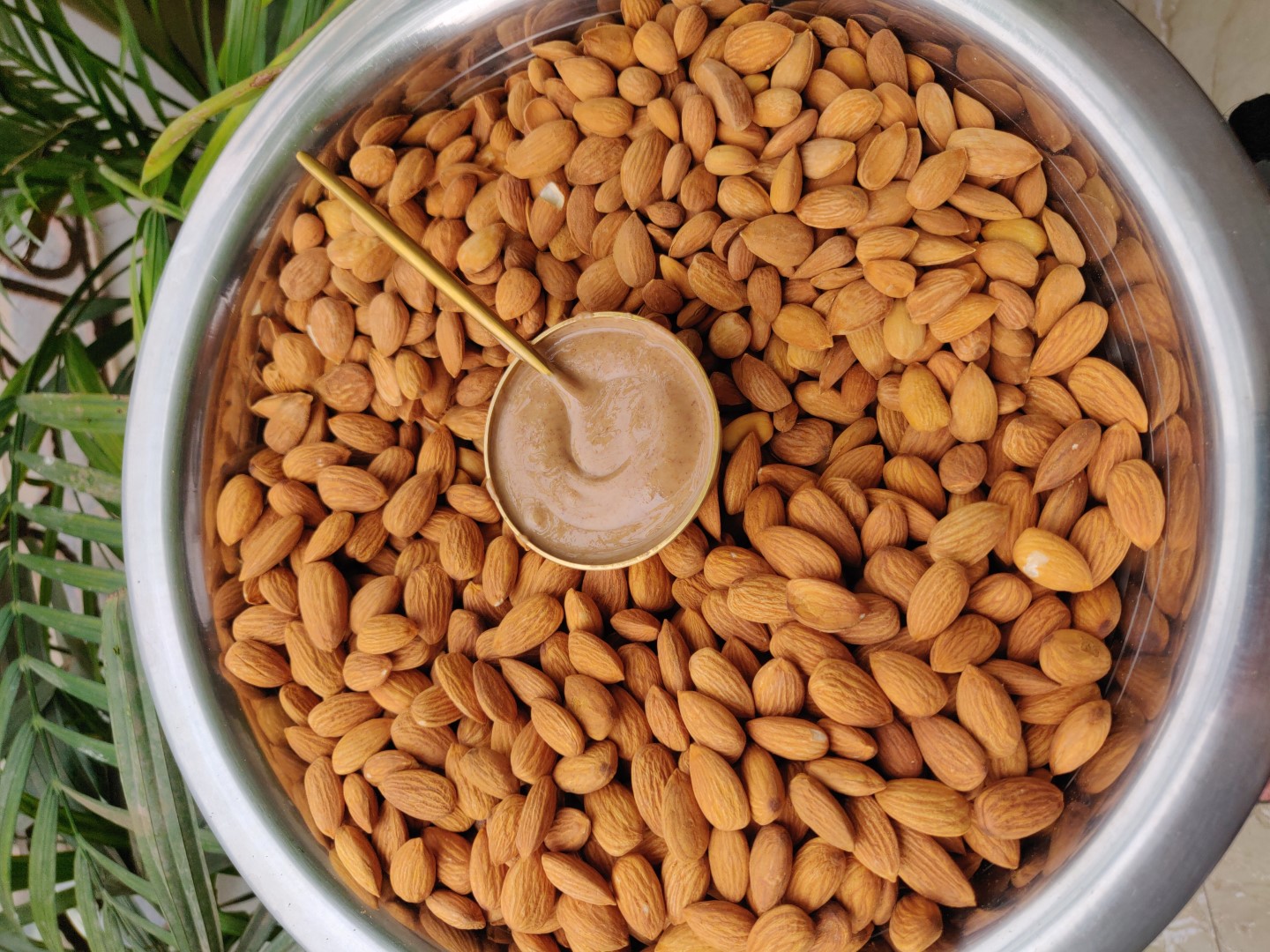
Apple cider vinegar (ACV) has been hailed as a natural remedy for centuries, offering a plethora of health benefits. Today, these benefits are conveniently packed into tasty, easy-to-consume gummies. But what exactly are these benefits, and how can they aid your health and weight loss journey? Let’s delve into the benefits of Keto Apple cider vinegar gummies.
1. Weight Loss
The journey to weight loss is often a tough one, but apple cider vinegar gummies can be a valuable ally. The acetic acid in ACV is known to promote satiety, reduce calorie intake, and speed up metabolism. This triple-action effect can help reduce body fat percentage and target stubborn belly fat, making these gummies a great addition to a balanced diet and regular exercise regimen.
2. Blood Sugar Control
Maintaining stable blood sugar levels is crucial for overall health. ACV has been shown to improve insulin sensitivity and lower blood sugar levels after meals, making these gummies a beneficial supplement for those managing diabetes or prediabetes.
3. Heart Health
Heart disease remains a leading cause of death worldwide. Apple cider vinegar can contribute to heart health by reducing cholesterol and triglyceride levels, as well as blood pressure. Regular consumption of keto ACV gummies could potentially lower the risk factors associated with heart disease.
4. Improved Digestion
Digestive health is the cornerstone of overall well-being. The acetic acid in apple cider vinegar can enhance digestion by increasing stomach acid. This leads to improved digestion and nutrient absorption, reducing bloating and promoting gut health.
5. Detoxification
ACV is often used in detox diets due to its ability to balance your pH, stimulate cardiovascular stimulation, bowel motility, and lymphatic drainage. Regular consumption of keto ACV gummies can aid in the body’s natural detoxification processes.
6. Boosted Immunity
A strong immune system is your body’s best defense against disease. ACV has antimicrobial properties that can help fight off pathogens, including bacteria. By bolstering your body’s natural defenses, keto ACV gummies can help you stay healthy and resilient.
7. Skin Health
The benefits of ACV aren’t just internal. Its antimicrobial properties can also benefit skin health by preventing breakouts and balancing the skin’s pH levels. Regular consumption of ACV gummies could lead to clearer, healthier skin over time.
8. Increased Energy Levels
Fatigue can often be a barrier to a productive day. The amino acids in apple cider vinegar, along with the potassium and enzymes, may help relieve fatigue. Plus, its antimicrobial properties can help fight off infection, leading to increased energy.
9. Reduced Acid Reflux and Heartburn
Some people use apple cider vinegar as a natural remedy for acid reflux and heartburn. While more research is needed in this area, some individuals report relief from these conditions with regular ACV consumption.
10. Improved Nutrient Absorption
The acetic acid in apple cider vinegar can enhance the body’s absorption of important minerals from the foods you eat. By improving nutrient absorption, keto ACV gummies can help ensure you’re getting the most out of your meals.
How Can Apple Cider Vinegar Gummies Aid Weight Loss?
Embarking on a weight loss journey can be challenging, but apple cider vinegar gummies can be a valuable ally. Here’s how:
- Promotes Satiety: The acetic acid in ACV can help you feel full longer, reducing calorie intake throughout the day.
- Boosts Metabolism: ACV can help speed up your metabolism, helping your body burn calories more efficiently.
- Reduces Body Fat: Studies have shown that ACV can reduce body fat percentage and target stubborn belly fat.
Can keto Apple Cider Vinegar Gummies Control Blood Sugar Levels?
Maintaining stable blood sugar levels is crucial for overall health. Here’s how ACV can help:
- Improves Insulin Sensitivity: ACV has been shown to improve insulin sensitivity during high-carb meals, which can help lower blood sugar responses after meals.
- Lowers Blood Sugar Levels: ACV can help lower fasting blood sugars by 4%.
How Do Apple Cider Vinegar keto Gummies Contribute to Heart Health?
Heart disease remains a leading cause of death worldwide. Here’s how ACV can contribute to heart health:
- Reduces Cholesterol and Triglyceride Levels: Studies have shown that ACV can reduce levels of total cholesterol, LDL (bad) cholesterol, and triglycerides.
- Lowers Blood Pressure: ACV can help lower blood pressure, a key risk factor for heart disease.
Can Apple Cider Vinegar Gummies Improve Digestion?
Digestive health is the cornerstone of overall well-being. Here’s how ACV can help:
- Enhances Digestion: The acetic acid in apple cider vinegar can enhance digestion by increasing stomach acid. This leads to improved digestion and nutrient absorption.
- Promotes Gut Health: ACV can help promote a healthy gut microbiome, which is crucial for overall health.
Do Apple Cider Vinegar Gummies Aid in Detoxification?
ACV is often used in detox diets due to its ability to balance your pH, stimulate cardiovascular stimulation, bowel motility, and lymphatic drainage. Regular consumption of ACV gummies can aid in the body’s natural detoxification processes.
How Do Apple Cider Vinegar Gummies Boost Immunity?
A strong immune system is your body’s best defense against disease. ACV has antimicrobial properties that can help fight off pathogens, including bacteria. By bolstering your body’s natural defenses, ACV gummies can help you stay healthy and resilient.
Can Apple Cider Vinegar Gummies Improve Skin Health?
The benefits of ACV aren’t just internal. Its antimicrobial properties can also benefit skin health by preventing breakouts and balancing the skin’s pH levels. Regular consumption of ACV gummies could lead to clearer, healthier skin over time.
Do Apple Cider Vinegar Gummies Increase Energy Levels?
Fatigue can often be a barrier to a productive day. The amino acids in apple cider vinegar, along with the potassium and enzymes, may help relieve fatigue. Plus, its antimicrobial properties can help fight off infection, leading to increased energy.
Can Apple Cider Vinegar Gummies Reduce Acid Reflux and Heartburn?
Some people use apple cider vinegar as a natural remedy for acid reflux and heartburn. While more research is needed in this area, some individuals report relief from these conditions with regular ACV consumption.
Do Apple Cider Vinegar Gummies Improve Nutrient Absorption?
The acetic acid in apple cider vinegar can enhance the body’s absorption of important minerals from the foods you eat. By improving nutrient absorption, ACV gummies can help ensure you’re getting the most out of your meals.
Side Effects and Warnings of Apple Cider Vinegar Gummies
While apple cider vinegar gummies offer a host of benefits, it’s important to be aware of potential side effects and warnings. Like any supplement, they should be used responsibly and as part of a balanced diet.
1. Digestive Issues
While apple cider vinegar can improve digestion in some, it may cause issues for others. Some people may experience digestive discomfort, including nausea or upset stomach, particularly when starting to consume ACV gummies.
2. Tooth Enamel Erosion
The acetic acid in apple cider vinegar can be hard on your teeth, potentially leading to enamel erosion over time. It’s important to maintain good oral hygiene practices when regularly consuming ACV gummies.
3. Lower Potassium Levels
High doses of apple cider vinegar can lead to lower potassium levels in the body, which can negatively affect heart health. Always stick to the recommended dosage of ACV gummies.
4. Medication Interactions
Apple cider vinegar can interact with certain medications, including insulin or diuretics. If you’re taking any regular medication, it’s crucial to consult with a healthcare provider before starting to take ACV gummies.
5. Delayed Stomach Emptying
While slowing down digestion can help control blood sugar levels, it can also delay stomach emptying. This can exacerbate symptoms in individuals with gastroparesis, a common condition in people with type 1 diabetes.
6. Throat Burns
Acetic acid can cause burns to the throat if consumed in large amounts. While this is more common with liquid apple cider vinegar, it’s still important to stick to the recommended dosage of ACV gummies.
In conclusion, apple cider vinegar gummies offer a range of health benefits, from weight loss support to improved digestion and heart health. However, it’s important to remember that these gummies are not a magic bullet, but rather a supplement to a balanced diet and regular exercise. Always consult with a healthcare provider before starting any new health regimen.













